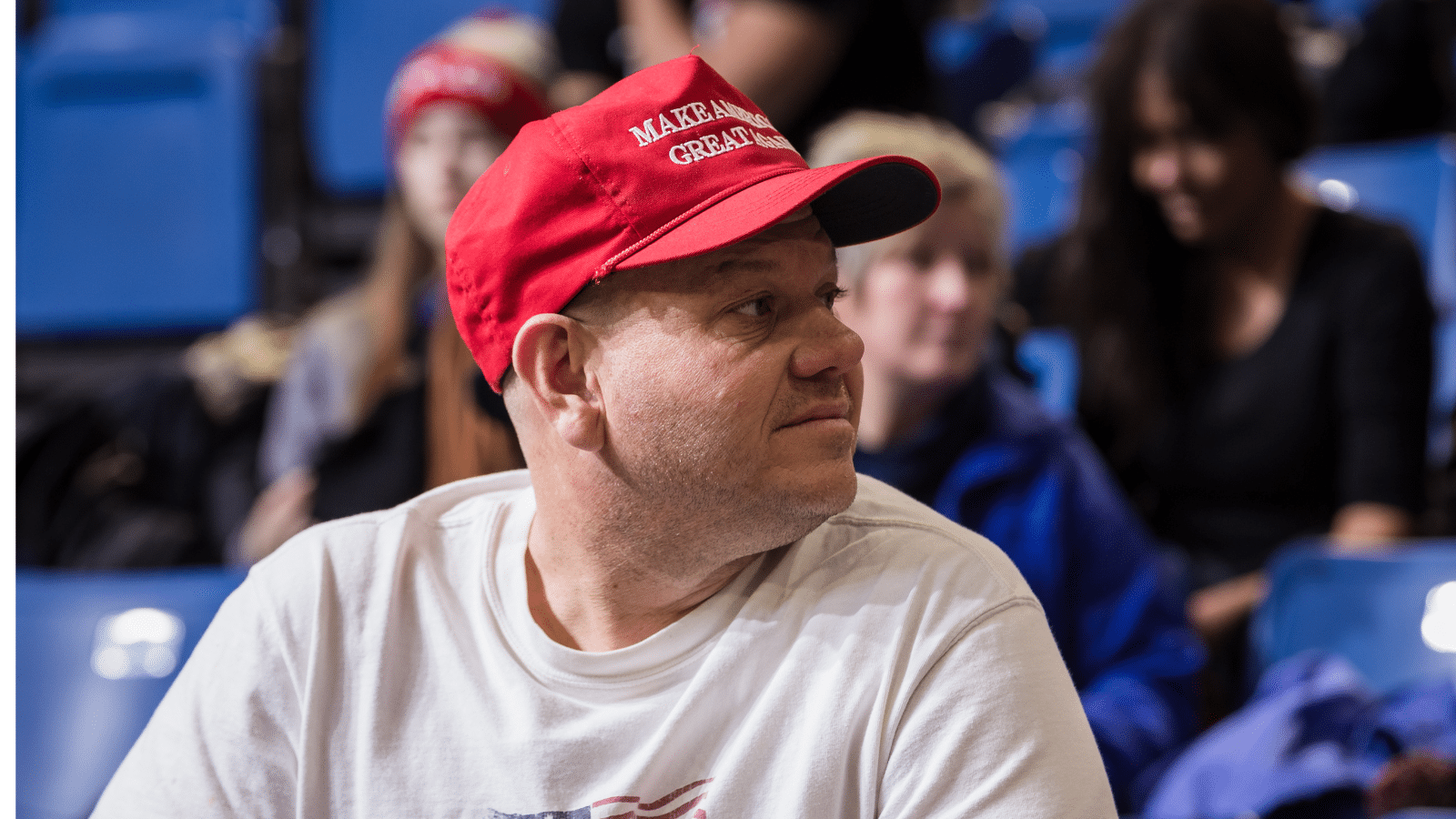In a world that constantly seeks the new and innovative, there’s a timeless appeal to the classics. When it comes to baby names, the past often holds a treasure trove of beautiful, elegant, and charming names that have fallen out of the limelight. Join us as we journey back to an era of nostalgia and rediscover baby names from yesteryears that are ready to make a comeback. These names exude a vintage charm that’s impossible to resist, offering a touch of history and sophistication to the newest generation.
Karen

Karen, a name of Danish and Greek origin meaning “pure,” was a trendy choice for baby girls in the mid-20th century. However, its popularity began to diminish in the 1980s and 1990s as parents preferred shorter and more contemporary names.
James

James, of Hebrew origin meaning “supplanter,” was a timeless and enduring name that was widely favored for baby boys in the 1960s. It continued to be popular in the following decades, but its appeal started to decline in the 2000s as parents sought more unique names.
Patricia

Patricia, of Latin origin with the meaning “noble” or “noblewoman,” was a commonly chosen name for baby girls in the 1960s, often ranking among the top names. Nevertheless, its popularity began to diminish in the 1970s and 1980s as more modern and trendy names gained favor.
John

John, a Hebrew name with the meaning “God is gracious,” is a classic and timeless name with strong biblical roots. It was widely used for baby boys in the 1960s and continued to be favored in the following decades. However, it started to decline in the 2000s as parents sought more unique names.
Donna

Donna, an Italian name meaning “lady” or “woman,” was a popular choice for baby girls in the 1960s. Its popularity gradually decreased in the 1970s and 1980s as parents looked for more modern and distinctive names.
William

William, of Old German origin meaning “resolute protector,” was a classic and well-liked choice for baby boys in the 1960s. It remained popular in the 1970s and 1980s but began to decline in the 2000s as parents sought names with a more modern flair.
Cynthia

Cynthia, of Greek origin with the meaning “moon goddess” or “woman from Kynthos,” was a popular name for baby girls in the 1960s. However, its popularity declined in the 1970s and 1980s as parents favored shorter and trendier names.
Richard

Richard, a Germanic name meaning “strong ruler,” was a common choice for baby boys in the 1960s. It remained popular in the 1970s and 1980s but began to lose favor in the 2000s as parents sought more unique and contemporary names.
Deborah

Deborah, of Hebrew origin with the meaning “bee,” was a popular name for baby girls in the 1960s. Its popularity gradually decreased in the 1970s and 1980s as parents leaned towards shorter and trendier names.
Thomas

Thomas, a Greek name meaning “twin,” was a popular and timeless choice for baby boys in the 1960s. It continued to be favored in the 1970s and 1980s but started to decline in the 2000s as parents looked for more distinctive names.
Linda

Linda, a Spanish name meaning “beautiful” or “pretty,” was a commonly chosen name for baby girls in the 1960s. However, its popularity began to diminish in the 1970s and 1980s as parents sought more modern and unique names.
Joseph

Joseph, of Hebrew origin meaning “may he add” or “God shall add,” was a classic and enduring name for baby boys in the 1960s. It remained popular in the 1970s and 1980s but began to decline in the 2000s as parents looked for more contemporary names.
Jennifer

Jennifer, derived from the Cornish name “Gwenhwyfar” with the meaning “fair” or “white enchantress,” rose to prominence in the 1960s, becoming a top choice for baby girls in the United States. However, its popularity declined in the late 1980s and 1990s as new names like Jessica and Emily gained popularity.
Michael

Michael, a Hebrew name meaning “Who is like God?” enjoyed widespread popularity in the 1960s, often ranking as the most popular name for baby boys. Nevertheless, its popularity started to wane in the 2000s as parents began seeking more unique names.
Lisa

Lisa, a diminutive of the name Elizabeth with the Hebrew meaning “God is my oath,” was a common choice for baby girls in the 1960s but saw a decline in popularity during the 1980s and 1990s as parents leaned towards less traditional and more modern names.
David

David, a Hebrew name meaning “beloved” with strong historical and biblical associations, was a popular name for baby boys in the 1960s and often ranked among the top choices. However, it began to lose popularity in the 1990s as more diverse and distinctive names gained favor.
Susan

Susan, of Hebrew origin and derived from the name Susannah with the meaning “lily” or “graceful lily,” was a common name for baby girls in the 1960s, particularly in the United States. Its popularity gradually decreased in the 1970s and 1980s as parents favored shorter and trendier names.
Robert

Robert, a Germanic name with the meaning “bright fame,” enjoyed popularity for baby boys in the 1960s, often appearing in top name lists. Nevertheless, its popularity started to decline in the 1990s and 2000s as parents sought more unique and distinctive names for their children.
21 Things That Shout You’re “Lower Class” According To Men

Class wars creep up in all aspects of life, including dating. We take a look at the things that men believe are telltale signs that you are lower class.
21 Things That Shout You’re “Lower Class” According To Men
Boomer Zoomers vs. Millennial Meh: 10 Cars the Older Gen Loves but Millennials Just Can’t Stand

The change in the automotive industry has been incredible over the year. Baby boomers born between 1946 and 1964 can’t get enough of the cars listed below, as muscle cars emerged in the 1960s, and new technologies appeared in the 1970s and 1980s. You can imagine why boomers genuinely appreciate these vehicles.
Boomer Zoomers vs. Millennial Meh: 10 Cars the Older Gen Loves but Millennials Just Can’t Stand
Across the Pond Disdain: 18 Horrendous American Habits Foreigners Just Can’t Stomach

There is a lot to love about America, from the bright lights of New York to the incredible breakfasts, but foreigners also dislike many things. We look at everything from poor public transport to an intimidating tip culture, sharing 18 things that America could be better at.
Across the Pond Disdain: 18 Horrendous American Habits Foreigners Just Can’t Stomach
Out with the Old: 18 Gen X Fads That Millennials and Gen Z Just Can’t Vibe With

While some old habits die hard, there are some things that Gen X need to eliminate as they are no longer relevant.
Out with the Old: 18 Gen X Fads That Millennials and Gen Z Just Can’t Vibe With
18 Unpleasant States You Might Want to Skip on Your Next Trip

When thinking of America, we don’t expect there to be boring or unpleasant places to visit. We see all the different states on the TV, and they show the best parts. However, there are some states you won’t want to visit, and you should brace yourselves if you ever happen to stumble into them.
18 Unpleasant States You Might Want to Skip on Your Next Trip






